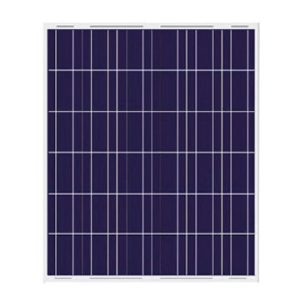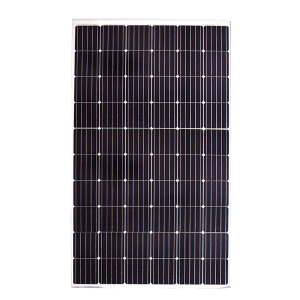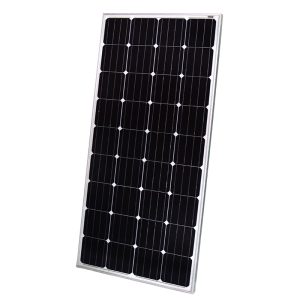Bangladesh has abundant solar energy potential, but the high upfront costs of solar photovoltaic (PV) systems have limited adoption at the residential level. This article by Solar Exporters, a leading solar panel manufacturer based in China, provides an overview of current 2000 watt solar panel system prices in Bangladesh and what is needed to drive greater affordability.
Overview of Solar Power in Bangladesh
With an average solar irradiation of 4–6.5 kWh/m2/day, Bangladesh has favorable conditions for solar power generation. Currently, the country has about 715 MW of installed solar capacity, though just 3 MW serves residential rooftops. By 2041, the government aims to have 10% of its electricity from solar under its Renewable Energy Policy.
However, the upfront cost of rooftop solar PV systems poses a major adoption barrier for Bangladeshi households. Modules alone can account for 50–60% of costs.
Solar panels and balance-of-system components are primarily imported, and prices remain relatively high compared to other Asian countries. The typical solar PV system price in Bangladesh is estimated to be $1.3 to $1.5 per watt.
Breakdown of 2000W Solar System Costs
For a 2kW (2000 watt) solar system suitable for powering basic appliances in a household, the total installed price in Bangladesh would be around $2,200 to $3,000 based on global benchmarks.
This includes costs for:
- Solar panels: $800–$1200 for quality crystalline silicon panels. The required panel capacity is 2 kW to produce about 8 kWh per day.
- Batteries – $300-$800 for 2kWh lithium or lead-acid batteries to store solar power.
- Charge controllers & inverters – $200-$400 for regulation and AC conversion.
- Racks, wires and installation hardware – $100-$300.
- Installation & labor costs range from $100 to $500.
So while panel prices have fallen dramatically over the past decade, balance-of-system costs account for 50% or more of total installed costs for solar PV systems globally. Reducing these soft costs is vital for improving solar affordability in developing countries like Bangladesh.
Solutions for Improving Bangladeshi Solar Affordability
Experts recommend a few key steps to enhance solar PV affordability in Bangladesh:
- Financial incentives – Import tax exemptions, rebates and low-interest financing can reduce system costs. The government has exempted solar panels from import duties and aims to provide 30% capital subsidies to users.
- Standardization & quality control: Quality standards, testing infrastructure, and monitoring guidelines are needed to ensure product reliability and system performance. This builds user confidence for investing in solar.
- Local manufacturing: Promoting domestic production of solar components could significantly cut costs in the long run. This requires policy support.
- Innovative business models: Bangladesh needs new commercial and financing models like pay-as-you-go, third-party ownership, solar leasing, etc. tailored for low and middle-income households.
With these solutions and the continual decline in solar PV costs globally, 2000W home systems can become much more affordable and accessible across Bangladesh, helping to deliver clean, reliable, and low-cost power to millions.



